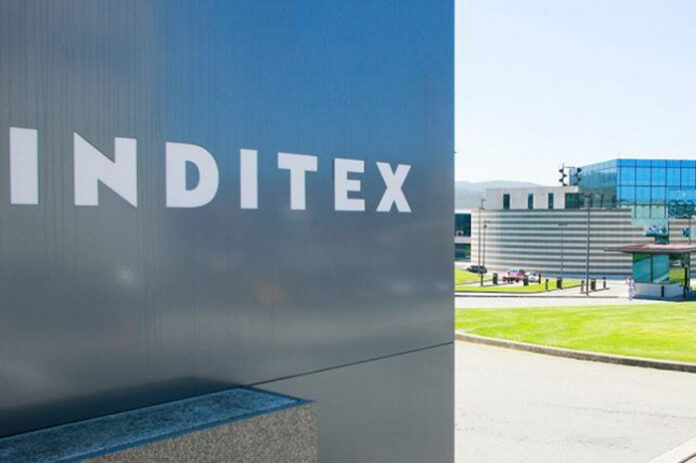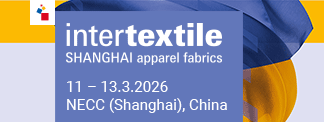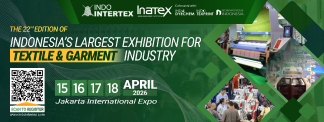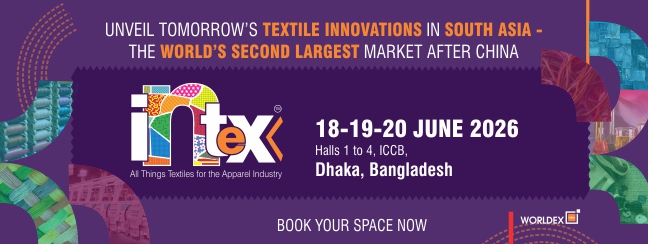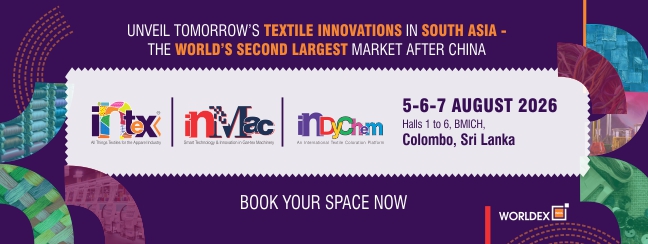Together, BASF and Inditex announce a significant development in their attempt to increase the textile industry’s recyclability. BASF is offering the first circular solution for nylon clothing generated entirely from textile waste with the introduction of loopamid®, a polyamide 6 (PA6, often known as nylon 6) made from 100 percent textile waste.
BASF has created a novel way to recycle polyamide 6 textile waste and increase circularity in the fashion sector using loopamid. The state-of-the-art technology underlying loopamid enables textile-to-textile recycling of post-industrial and post-consumer textile waste because of its tolerance for all fabric mixes, including PA6 and elastane. It is possible to recycle the materials and fibers in numerous cycles. Simultaneously, the material properties are the same as those of traditional virgin polyamide.
Dr. Ramkumar Dhruva, president of BASF’s Monomers division said, “Our loopamid has the potential to revolutionize the PA6 market for the better. We are in the process of scaling up our technology to serve our customers with commercial quantities. The capsule jacket together with Inditex is the proof that circularity is possible, and we are eager to further drive the sustainable transformation of the textile industry.”
Inditex has partnered with other leading groups in the clothing manufacturing industry to seamlessly integrate loopamid into various garment components, including fabrics, zippers, buttons, fillings, hook and loop fasteners, and sewing threads.
ModaRe, a take- back program operated by the charity organization Caritas, classified, sorted and provided discarded textiles as feedstock. The Italian company RadiciGroup has been working in the process of transforming loopamid polymer into various types of yarn with different characteristics.
The multinational Japanese fastening products company YKK and multinational Velcro companies have also played crucial roles in utilizing loopamid polymer to create plastic components for zippers and snap buttons, and hook and loop fasteners.
Uniter from Spain, Tessitura Vignetta from Italy and Freudenberg and Gütermann from Germany have also participated in this project to develop other garment components such as inner labels, filling materials and sewing threads using loopamid.
The collaboration of BASF and Inditex is based on a joint journey — both companies are following ambitious sustainability goals. By the year 2030, BASF aims to double its sales generated with solutions for the circular economy to 17 billion euros.
To achieve this, the company is concentrating on three action areas: circular feedstocks, new material cycles and new business models.
Inditex aims to have 100 percent of its textile products to be made exclusively from materials with a smaller environmental footprint by 2030. As part of this commitment, the group expects to have 25 percent of the textile fibers made from next-generation materials that do not yet exist at an industrial scale, 40 percent of conventional recycled materials and 25 percent of organic and regenerative fibers.
Polyamide 6, commonly known as nylon 6, is a type of synthetic polymer that is widely used in various applications due to its excellent mechanical properties and versatility. BASF is one of the leading manufacturers of polyamide 6 and its precursors, with production sites in Europe, Asia and North America.
The reason for optimism is that our main export markets i.e. EU, USA and UK economies are doing excellent and recovering from the economic setbacks at a much faster rate.

